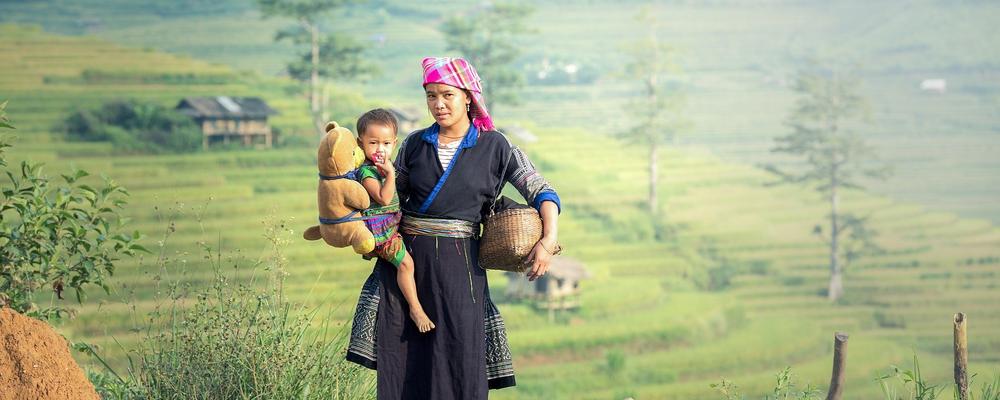
Development Geography
As a research group, we share concerns around global inequality, poverty and social justice, with a particular focus on the global South.
Our present
While much of our geographical focus is on the regions of Africa, South East Asia and South Asia, we are also interested in drawing out the global connections between the North and South, inclusive of uneven development in the North and South-South development. It helps contest the view that capitalist development needs to be accomplished in the global South, recognizing how uneven development and precarity are ubiquitous globally. By articulating the structuring of uneven socio-political landscapes, their transformation and resistance, we create the space for recognizing and reflecting on how both agency and structure shape all our social worlds. This suggests that as academics, we too are implicated in this uneven global development terrain; with the attendant reflexivity required of us, both in our scholarly practices within and outside academic spaces.
Hence, through our study of diverse social groups in both the global South and North, we are attentive to social registers that cut across class, gender, ethnicity, race, sexuality, community, and their intersections. Our intellectual framings are based within the broad rubric of critical development studies; and are informed particularly by political ecology, political economy of development, livelihood approaches, feminism, intersectionality and labour geographies. These theoretical contributions offer the relevant inspiration to undertake our research and analysis, providing us with a schema with which we aspire to be empathetic architects that can explore our fraught global conjuncture; and within it our spatial practices and its interconnections to a fragile environment.
As human geographers and social scientists, while we have a common interest in global-local dynamics and the way that they play out in distinctive ways in various terrains, we also focus on different themes or sectors. Our main research interests are labour and feminist geographies, politics of development, geographies of education and land tenure rights.
Our past
As social scientists interested in uneven development, we are attentive to how historical processes of colonialism and neo-colonialism have left an imprint and continue to shape our current juncture. As a group of development geographers, our existence is likewise a reflection of the work of our predecessors, where the primary focus was on understanding the livelihoods of gendered communities in the African continent.
The development geography group within Human Geography began in the early 1990s, when the late Dr Anders Närman together with three PhD candidates started group activities on joint readings and discussing ongoing research. These led to the following PhD dissertations: Johan Dahl’s A Cry for Water in Zimbabwe, Margareta Espling’s Women’s Livelihood Strategies in Mozambique and Per Assmo’s Livelihood Strategies and Development in Tanzania.



